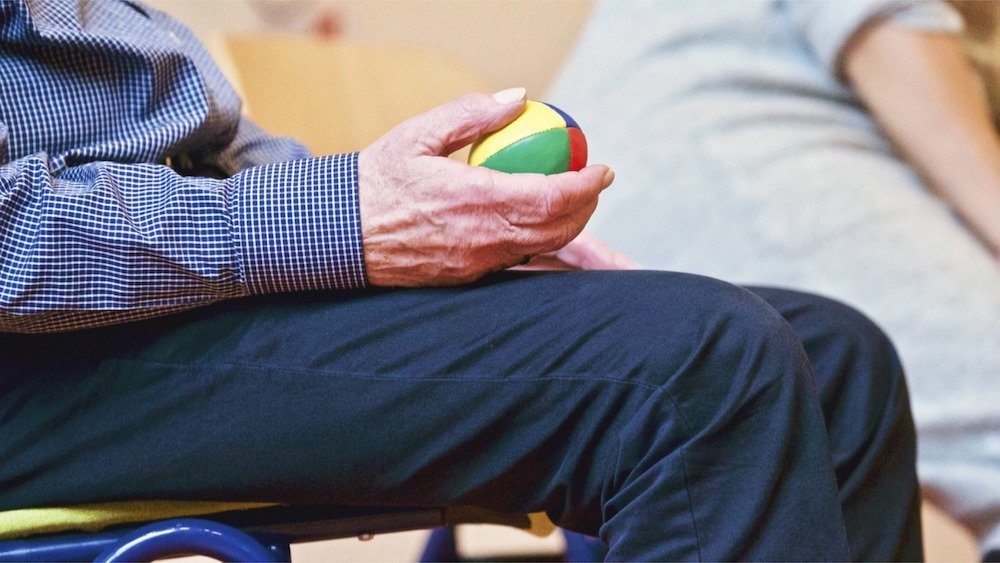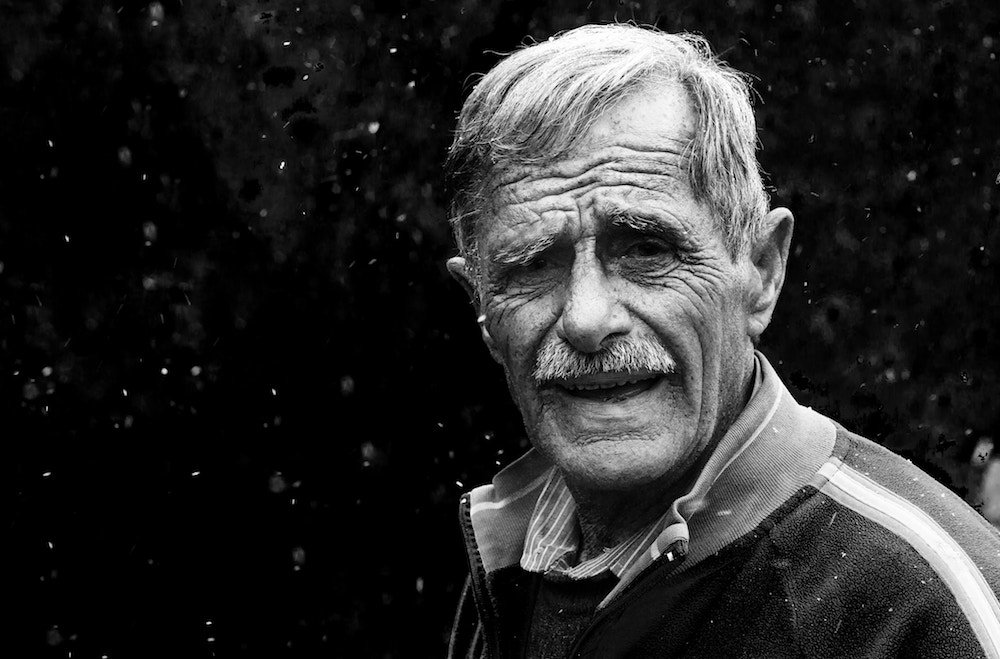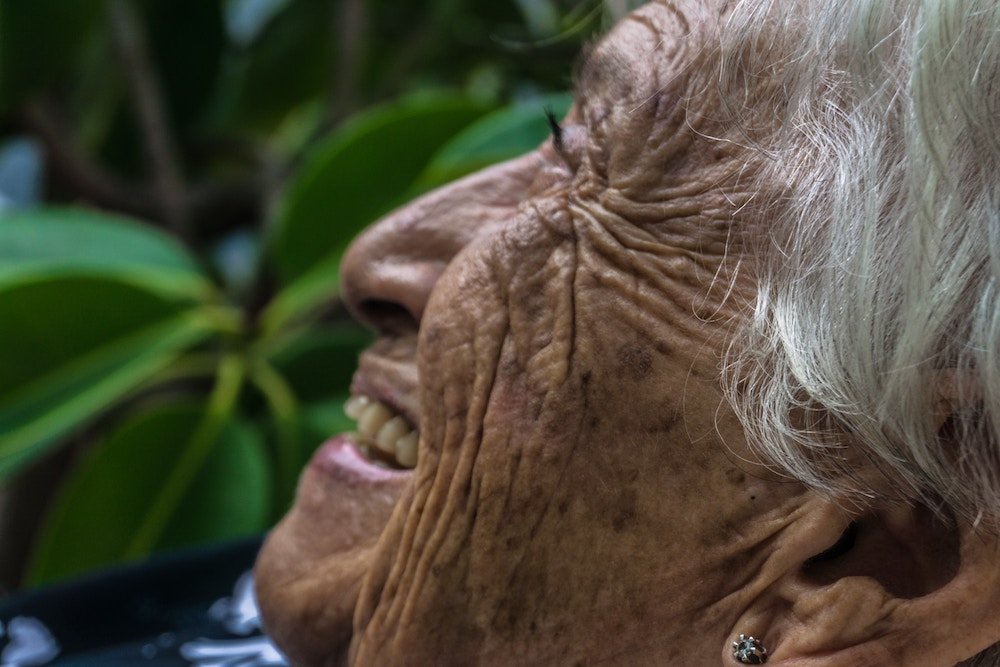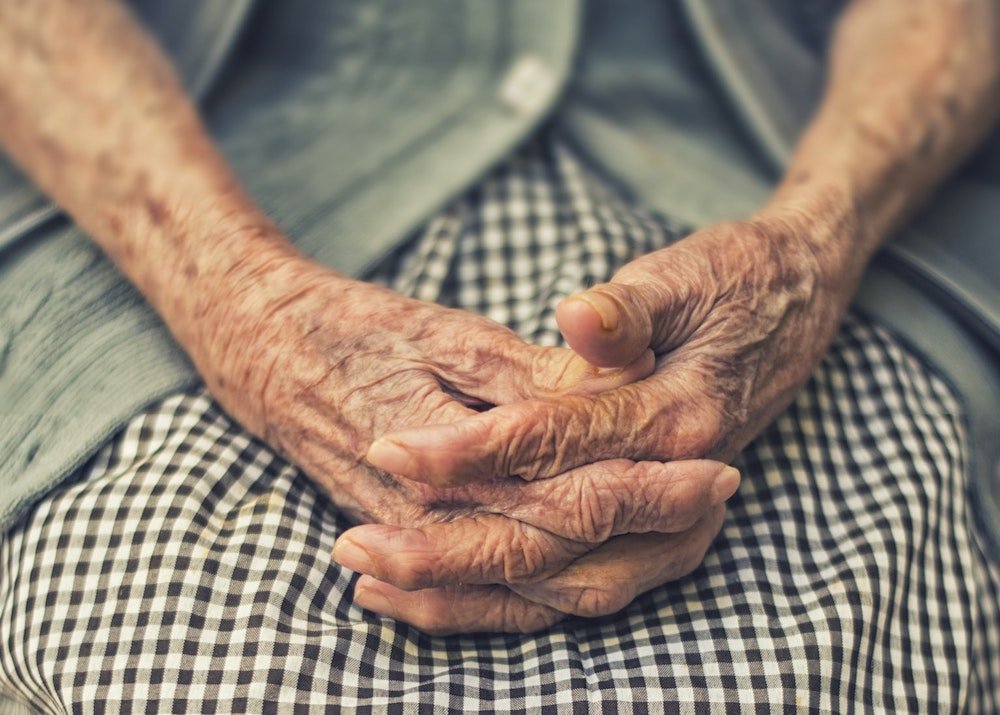Today, we will look at some of the most common Creutzfeldt-Jakob disease symptoms and signs of which you should be aware.
Let’s face it, went it comes to CJD, it is important to treat the condition as early as possible.
If it is your first time hearing of the disease, read along.
First and foremost, Creutzfeldt-Jakob disease or short CJD is a destructive brain disorder that leads to dementia and even death.
However, CJD is not that common and affects approximately one person in every one million per year. A person with the disease can die within a year.
First, in the early stages of Creutzfeldt-Jakob disease, a person begins lacking memory, their vision gets blurry and even starts behaving out of place.
But these are just some of the symptoms of CJD. Moreover, when the condition progresses, a person can fall into a coma, get blind, depressed and experiences difficulty swallowing.
In short, CJD appears when prion protein gets damaged and deformed. When healthy, this protein does not cause any inconvenience to the body.
But everything changes drastically when prion does not perform as it should.
Contents
- The main Creutzfeldt-Jakob disease symptoms
- 1. Behavioral changes
- 2. Memory Impairment
- 3. Coordination Difficulties (Ataxia)
- 4. Slurred speech
- 5. Impaired vision
- 6. Increasing Confusion
- 7. Depression and Rapid Mood Swings
- 8. Withdrawal
- 9. Swallowing Difficulties
- 10. Abnormal gait/walking
- 11. Issues With Bladder and Bowel Control
- 12. Difficulty Sleeping
- 13. Numbness
- Creutzfeldt-Jakob disease symptoms conclusion
The main Creutzfeldt-Jakob disease symptoms
1. Behavioral changes

Creutzfeldt–Jakob disease (CJD) is a deadly neurological disease that progressively destroys brain cells by creating small holes in the brain.
It is known to occur when prion protein that communicates message among different brain cells are damaged.
Once prion proteins are affected, they fold into an abnormal shape and in turn, they don’t function how they normally would.
When it affects the nervous system, someone experiences a series of signs and symptoms that require instant attention and care.
Some of Creutzfeldt-Jakob’s disease symptoms are psychological-based. The person affected by the illness displays a rollercoaster of behavior and emotions due to mental impairment and it gets worse with time.
2. Memory Impairment

When the damaging brain cells appear, the cognitive actions of individuals suffering from Creutzfeldt–Jakob disease deteriorate rapidly.
The affected person develops dementia where their memory becomes problematic and this affects their thinking skills as well.
Since the brain is incapacitated and unable to perform fully, the affected person is susceptible to confusion, disorientation and poor planning because they cannot think critically.
The person is unable to recall any recent events or exhibit general knowledge of simple things related to their surroundings.
It throws them into a state of disintegration and restlessness. With time, it may turn into distress or even depression.
3. Coordination Difficulties (Ataxia)

Difficulties with physical coordination is also another common Creutzfeldt-Jakob disease symptom.
As the illness progresses, the person with the illness develops neuromuscular defects leading to coordination dysfunction, voluntary muscle loss, and lacks of rhythm.
It happens because of the weakening of muscles and muscle mass loss, especially around the arms and legs. As a result, balance and coordination prove challenging affecting the ability to control different body parts.
Overall, it affects how someone speaks and they suddenly develop challenges walking comfortably. The assistance of a caregiver is necessary to lend them a hand to help them move around.
At the later stages, the person with the disease may suffer from the total loss of their physical and intellectual capabilities and they eventually slip into an unconscious state.
4. Slurred speech

Rogue prion protein damages the brain cells, making their communication ineffective. The speech of the affected person becomes incomprehensible and impaired.
They find that they are unable to communicate clearly to those around them or their caregivers. Their ability to express themselves becomes stunted or totally halted.
The reason is that a muscle tone known as hypotonia diminishes and also the tongue muscle weakness. It can even lead to facial paralysis.
When in such a state, the person with the disease may retreat into a state of isolation and despair as a result of the inevitable changes that their body is undergoing.
5. Impaired vision

One of the other Creutzfeldt-Jakob disease symptoms is vision impairment or total blindness. The visual signs are marked by complex visual disturbances, cortical blindness, supranuclear palsies, hallucinations, and diplopia.
When the infectious prion proteins are deposited on the cornea’s lymphoid tissue, which controls the immune response in the eye’s frontal section, the proteins damage the cortical region.
The damage results in poor vision or even hearing or seeing things that don’t really exist.
If the person with the disease develops blurry vision, it is a result of cortical damage and it may trigger discomfort making it crucial to visit an eye specialist for lasting solutions.
6. Increasing Confusion

Due to memory loss and disturbed cognitive processes, a person suffering from CJD is likely to experience rapid confusion and feel overwhelmed by their current state.
They often acknowledge to themselves that they are unable to live their lives fully as before.
As another common Creutzfeldt-Jakob disease symptom, confusion leaves the affected person frustrated due to visual disturbances that make them unable to recognize simple things like their surroundings or how to get back home.
It causes them to wander around aimlessly and also feel unsafe in unfamiliar surroundings.
People with the disease often lose track of time and seasons so they require full-time care and guidance to handle their daily tasks.
7. Depression and Rapid Mood Swings

As a result of the Creutzfeldt–Jakob disease taking a toll on someone battling with the illness, their mood tends to oscillate rapidly.
One moment they are happy and excited and the next minute they are agitated and irritated by their surroundings or situations that they previously enjoyed. The unexpected change sparks frustrations making them lapse into depression and despair.
They also become easily irritable and develop poor personal grooming and a loss of appetite leading to weight loss.
When out of their comfort zones, people with CJD tend to easily become upset. They may also exhibit inappropriate emotional responses like laughing when they receive or relay bad news or crying for no reason.
This may also leave their caregivers frustrated because the person becomes difficult to handle sometimes.
8. Withdrawal

People suffering from CJD tend to isolate themselves and withdraw from family and friends. To them, the usual activities or hobbies that they previously enjoyed no longer excite them.
It often stems from their inability to respond to social cues or the decline of their motor skills which makes them unable to perform or participate in any task.
It makes them feel embarrassed and this results in low self-esteem which makes them prefer to retreat to seclusion.
Also, being unproductive causes psychological distress to the persons with Creutzfeldt–Jakob disease so they choose to be by themselves.
The changes experienced during the course of the illness bring about an overall personality and behavioral change and it is wise to approach the person with the disease with utmost care.
9. Swallowing Difficulties

The diminished performance of different body parts arises when the damaged brain cells stop functioning as they should also affect the muscles around the mouth.
It may make swallowing problematic and this may lead to malnutrition.
For instance, if the swallow reflex or the coordination of the throat muscles are affected, the affected person finds it hard to chew or move food in the mouth while at the pharyngeal stage.
At this stage, the tongue pushes the food back to the mouth triggering the swallow reflex as the windpipe closes briefly.
It poses an even greater risk of choking which could prove fatal. For sufficient nourishment, the caregivers should consider perennial feeding and consult with a physician.
10. Abnormal gait/walking

Abnormal walking or gait is one of the other Creutzfeldt-Jakob disease symptoms that are common. It comes about due to the communication breakdown between the muscles and the brain.
As the nervous system is damaged, the body is unable to control intricate synchronized movements affecting normal walking.
Since normal walking requires the collective help of systems that oversee coordination, strength, and sensation, someone with CJD is often unable to sustain normal movements.
Also, the body of the person with the disease is unable to maintain a rigid posture; they experience unsteadiness and difficulty in balancing physical configurations as a normal person would.
11. Issues With Bladder and Bowel Control

When the communication between the brain cells that facilitate bladder and bowel function weakens, it leads to issues with bladder or bowel control.
As a result, someone with CJD may experience instances of uncontrolled urine or stool passage. When the brain cells are unable to communicate on when to contract the sphincter or rectal muscles, urinary or fecal incontinence is inevitable.
It often starts as leakage when passing gas and as the illness progresses the situation worsens. In such situations, the caregivers turn to products like diapers or tiny plugs to handle the situation.
However, if cases worsen or progress medical intervention is necessary.
12. Difficulty Sleeping

While you might not have any of the signs mentioned here, have you taken a look at your sleeping behavior?
Chances are, you are experiencing insomnia and you are not even aware of the consequences it brings.
Indeed difficulty sleeping is one of Creutzfeldt-Jakob disease symptoms which you should pay close attention to.
In other words, if you find that sleeping is troubling you and is not as quality as it used to be, you better talk to your doctor for any possible additional examination.
Let’s face it, without a good solid 7-8 hours worth of sleep, the long-term effects on our body can be catastrophic.
13. Numbness

When it comes to Creutzfeldt-Jakob disease symptoms, one of them is numbness that can occur in some parts of the body.
Whether it’s fingers on hands or feet or even the whole arm, it can happen that a patient loses a sense of feel.
Creutzfeldt-Jakob disease symptoms conclusion
As a caregiver or even a family member, you should always pay close attention to all kinds of changes in the body, both physical and mental.
Those small shifts can help take action early enough to prescribe the right treatment and alleviate the condition.
In the majority of cases, we act almost too late, so make sure that’s not you. Let these symptoms help you discovering Creutzfeldt-Jakob disease as soon as possible.







